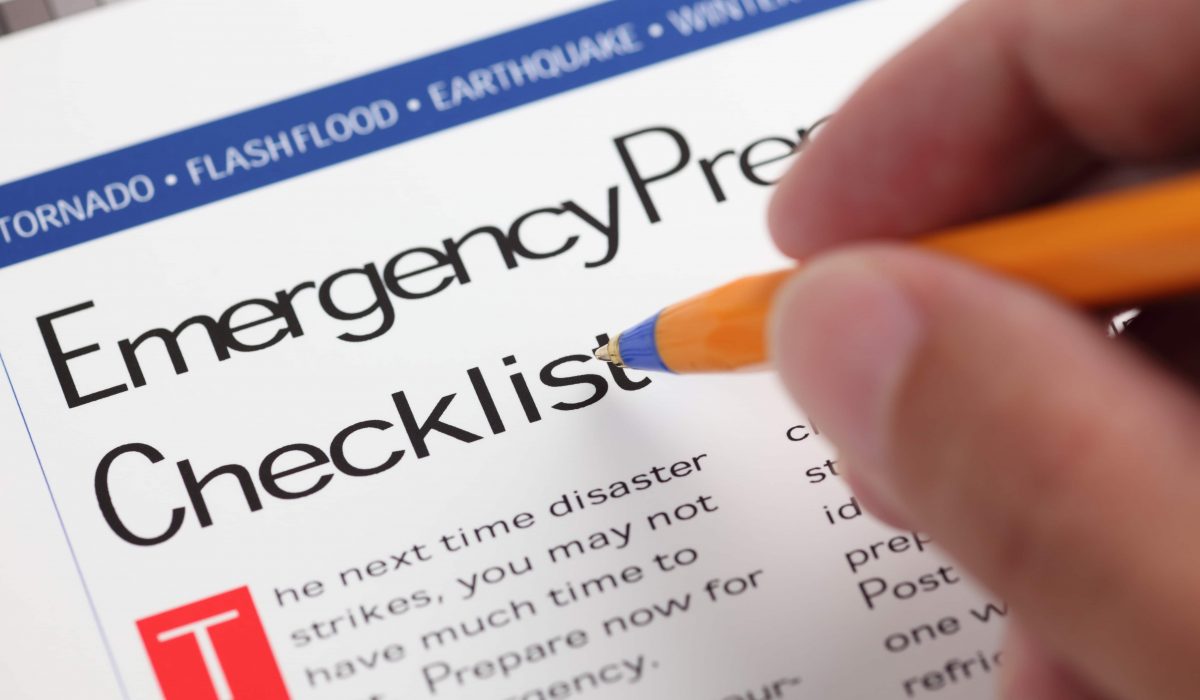Being First Responders, it is imperative that healthcare providers be prepared for natural disasters and extreme weather events. Health care leaders must act now to prepare for coming natural disasters. Unexpected damage to a health system, both physically and financially, can be devastating.
Government expense figures show US economic expenditures of $91 billion dollars attributable to natural disasters in 2018 alone. A majority of those funds, 83% of the $91 billion spent in 2018, was spent to remedy the effects of three major weather events: Hurricane Michael, Hurricane Florence, and the California wildfires.
Advis has navigated the FEMA reimbursement process numerous times over the years. Our team has learned several key lessons from having successfully navigated this complex reimbursement process. We have ten important preparedness tips to share:
- Know the eligibility criteria. For FEMA, you must be a non-profit entity; FEMA is a source of reimbursement only after all other available sources have been exhausted.
- Establish, regularly review, and update a Disaster Recovery Policy covering the following topics: emergency response and recovery team duties, staffing requirements and pay policy for performance of emergency related services, and record keeping procedures related to all emergency related expenses.
- Arrange a pre-approved vendor list for post-disaster remediation and repair efforts.
- Establish a separate cost center for capturing all disaster related expenses; include a member from your finance team on the emergency disaster recovery team.
- Know your insurance coverage (including the fine print).
- Review applicant self-funded plans and other reserve mechanisms vis-a-vis FEMA policy.
- Anticipate need for debris removal; be familiar with disposal requirements and related environmental considerations.
- Be aware of the specific documentation requirements for recoding incurred expenses and performance of disaster related activities (it goes beyond receipts).
- Know the eligible expense categories and requirements for each reimbursement box, i.e., “emergency work” vs. “permanent work.”
- Consider executing mutual aid agreements with local shelters and the Red Cross.
Advis has over 10 years of experience assisting healthcare facilities across the country apply for, and receive, FEMA reimbursement. Advis can assist with your recovery efforts as well. For more information, contact us here or call 708-478-7030.
https://advis.com/wp-content/uploads/2019/07/AdobeStock_71230009-1024×683.jpeg





